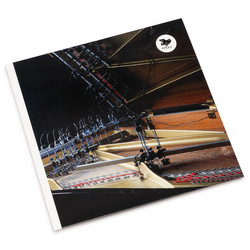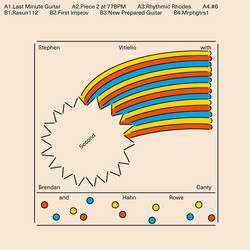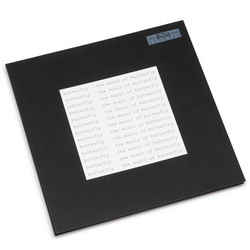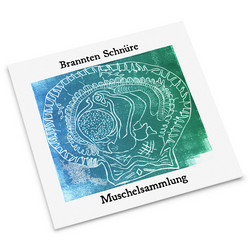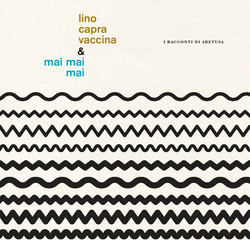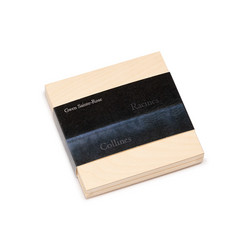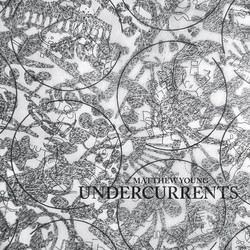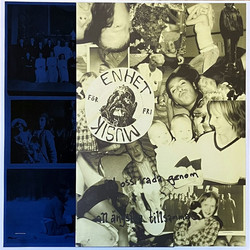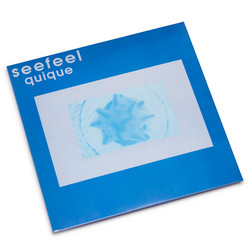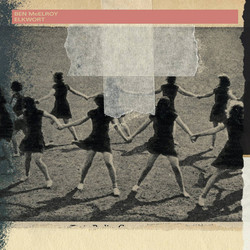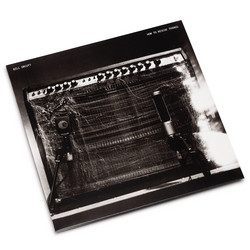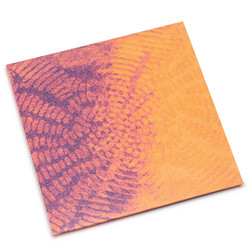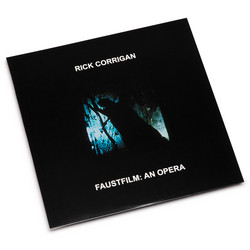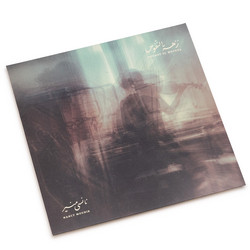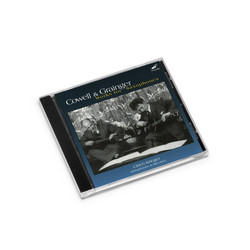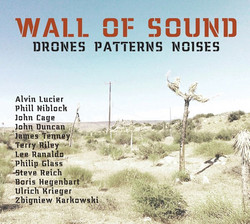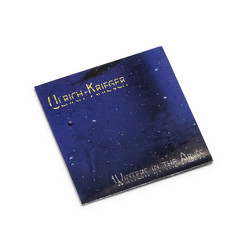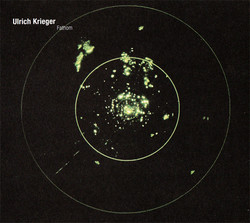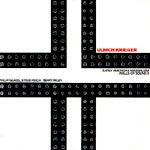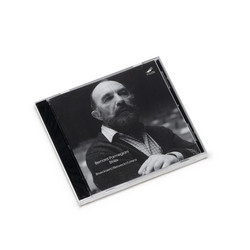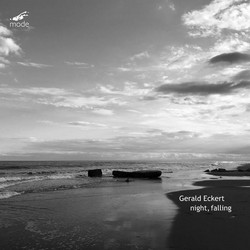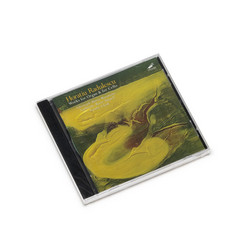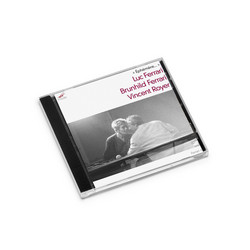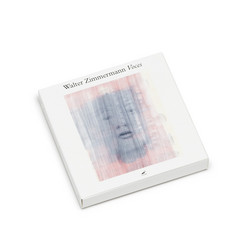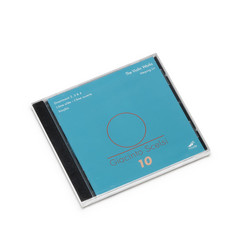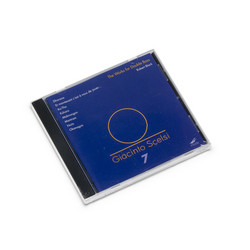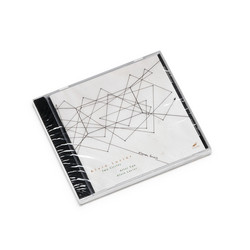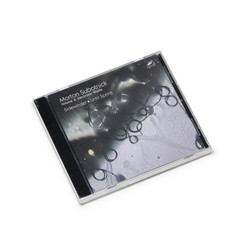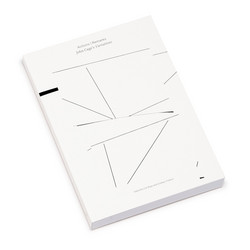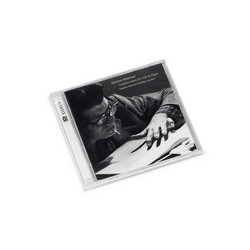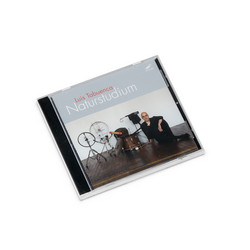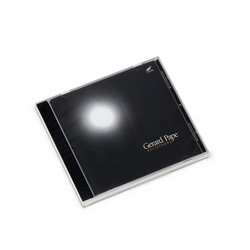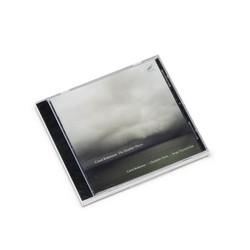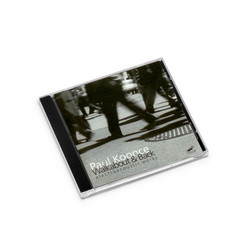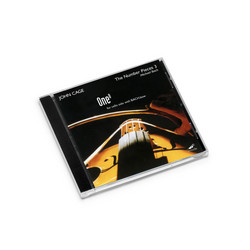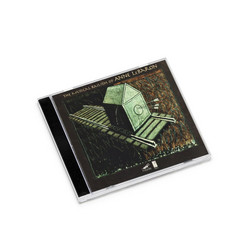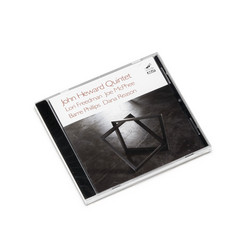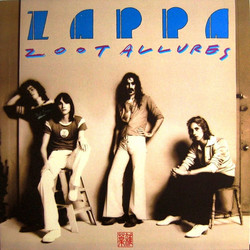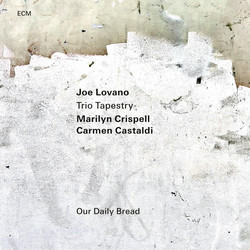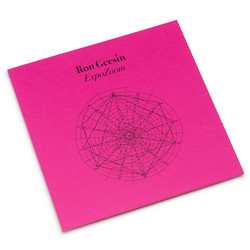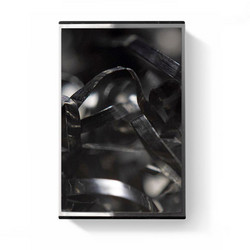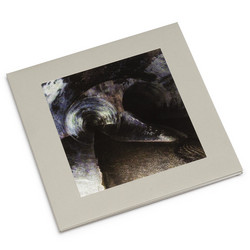This survey of saxophonist Ulrich Krieger’s chamber music illuminates his ongoing penchant, as a composer, improviser, and interpreter, for probing the affinities between the rock and classical avant-gardes. Krieger says of his music: “At the moment my interest is mixing band-type instrumentation with classical instruments (think Doom Metal meets Scelsi).”
A classicaly trained saxophonist, Krieger gained notoriety for his transcription of Metal Machine Music, which orchestrated rock legend Lou Reed’s notorious hour-long guitar feedback extravaganza via an expanded lexicon of acoustic textures. This was a project very much related to his own composing (it was completed in 2002, just after most of the pieces here). It also led to the forming of Lou Reed’s avant-garde trio which included Krieger.
before|QUAKE was written for the California EAR Unit. In the “before|” section the three instruments function like tectonic plates independently moving against each other, and then the “|QUAKE” starts in the second half of the piece – a slow rumble, still quiet and not yet erupting into an earthquake.
Il cimitero chiuso was influenced directly by the Venetian soundscape (water and stone) as well as its composers Gabrieli and Nono. All the instruments blend together to a point where it often becomes nearly impossible to say who is playing what.
…as above, so below… (for PN) was originally a semi-improvised sopranino sax solo that employed circular breathing and centered around only two basic multiphonics and a few variations thereof. The multiphonics produce very low, but well audible, difference tones. The combination of all these elements (multiphonics, circular breathing, difference tones) make for another example of a very electronic-sounding acoustic piece.
Azrael II is about the fight of the cello for dominance over, or within, the orchestra. The middle section’s dense percussion is influenced by the late ‘90s progressive dance subgenre drum’n’bass.
V. for church organ starts in the very low register of the organ and finishes at its highest end, covering the entire human hearing range. The noisy sounds in the beginning are made by the air stirring in the pipes of the organ, not yet strong enough to produce a tone.



